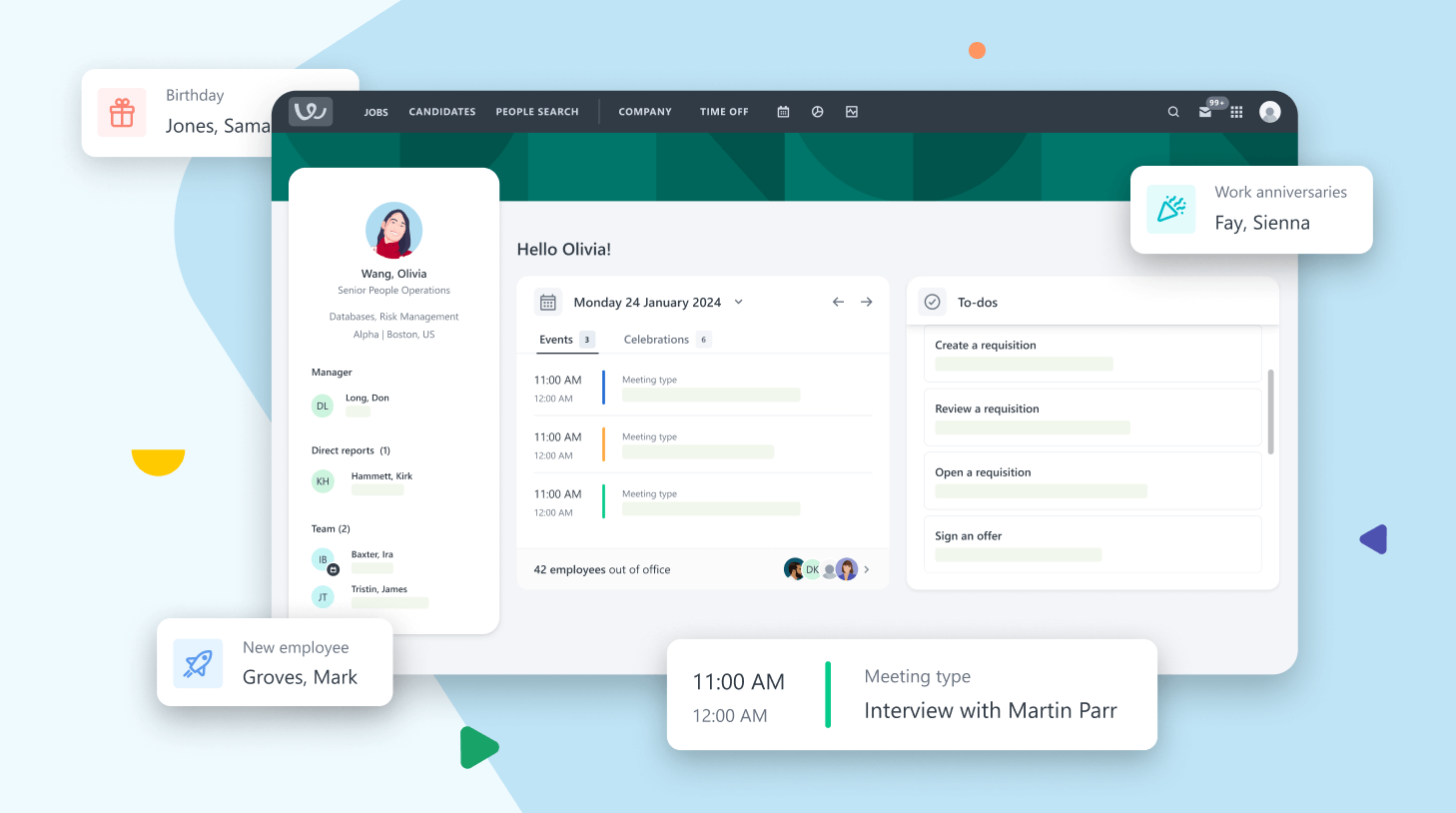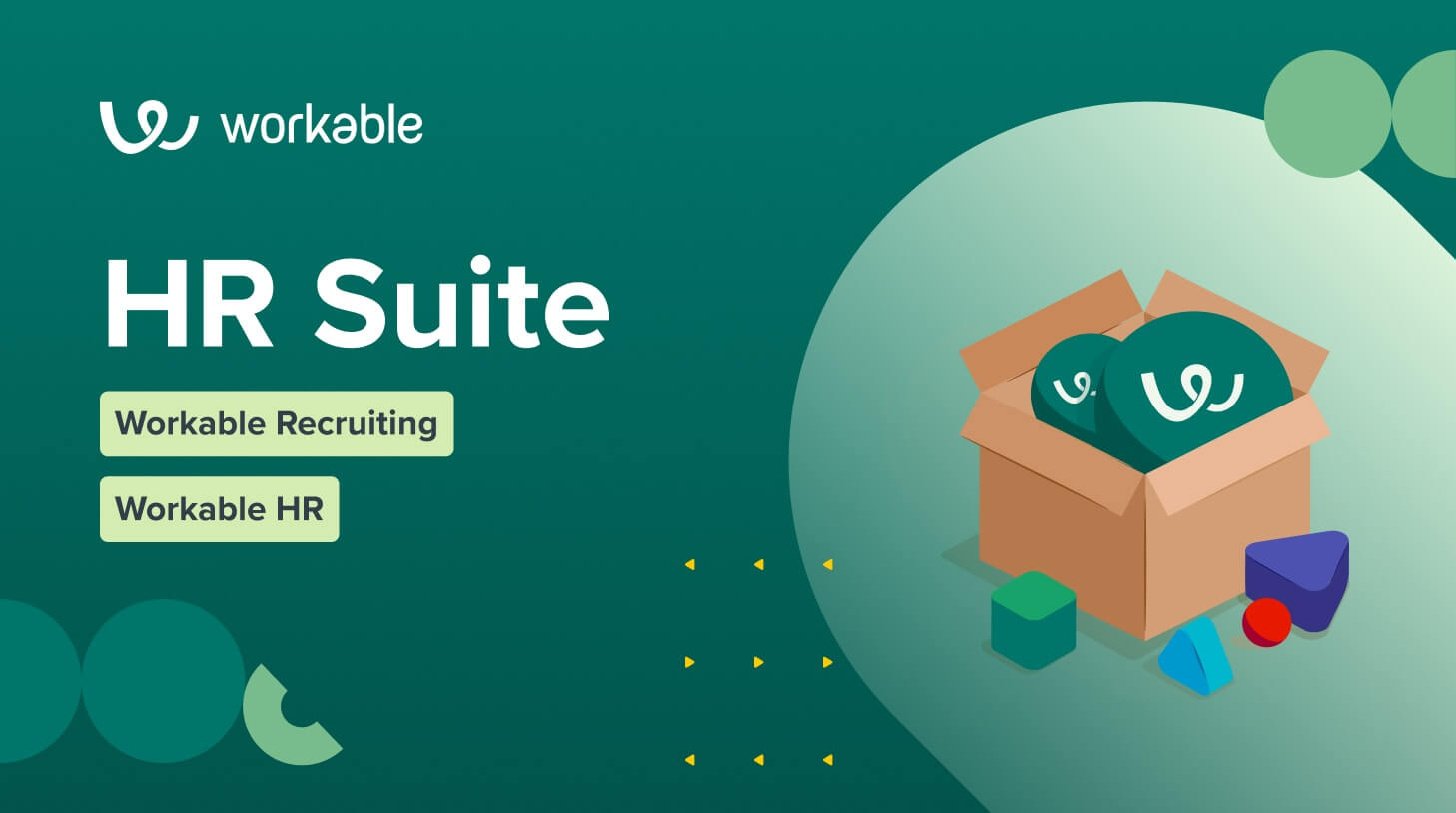How we evaluate new hires

How does a company that builds hiring software do its own hiring? If you’re applying to work for us, and you’re one of those smart people that research the company before you interview, this is our gift to you: the complete cheat sheet on how to impress us. Don’t worry, it’s not really cheating because you can’t actually fake the list below.
We prefer potential over current skills. If a startup works as intended, it’s going to grow fast and morph unpredictably. So will the responsibilities and the demands for its employees. In fact, I’d say that the most agonizing aspect of working in a startup is that you’re constantly trying to catch up with the company. Today’s smart, top performers are tomorrow’s left-behinds.
At Workable, the one thing we’re trying to figure out is not who you are, but who you can be.
We believe in pre-interview assignments. These can be “homework” problems to solve by email, or a test at our offices. Whatever form it takes, we want to see how someone deals with an actual assignment. Again, what we’re looking for is not so much existing knowledge, but how someone treats a piece of work. Trust me, the person who hands in the nerdy 10-page answer with 2 attached excel sheets, went out of their way to research the topic online, has spell-checked and beautifully formatted the response, is not going to be a loser.
If you can’t be bothered to go the extra mile to land a good job, this is not the job for you.
We ask for things the candidate is unlikely to be familiar with. Startups are unpredictable and your current knowledge will not be enough to carry you forward. So, I want to see how you fare when you have to deal with something you’re not supposed to know.
We’re not looking for perfect answers to unfamiliar topics, we’re just checking to see if the lights go out when we ask for something you didn’t study in college.
We want to see you cut through the bullshit. Overly polished people with canned interview answers may suggest a good effort on the candidate’s side (good thing) but also suggest a lack of authenticity and confidence in one’s own personality. We want to see people with an opinion, a place in this world, with things they like and things they dislike. You need to be able to name a product you love, or tell us what you hated about college. You need to have an idea of what you’re after in life, and most importantly what you want to avoid. And it has to look honest and genuine.
There’s no way to fake this, but many candidates shoot themselves in the foot by trying to fake the polished, faceless, inhumane image that interview books promote.
We want to see a certain level of achievement. We don’t care for specific skills, your achievement could be in gardening as far as we’re concerned. But we need to see that whenever you set out to do something in your life you did reasonably well. There are exceptions to this, but smart and hard working people usually manage to get to a good college for their subject of choice, they do well in exams they cared about, find their way into some kind of job (even a mediocre one), fill their life with internships, interesting travel, hobbies, pet projects, and they do these things to a certain level of accomplishment.
What we care about here is one’s achievement relative to choices. Maybe you got it on your mind one day to learn painting and you have paintings and gallery exhibitions to show for. It’s not relevant to our work, but it shows that you’re the kind of person who puts the effort and does well in whatever he tries to do.
We want to see action. Successful people are active. They do stuff. Even if they’re unemployed they have hobbies, they do volunteer work. They don’t quit jobs before they found something else to do. They work summer internships in college. They can’t sit still. They have a backlog of ideas and stuff they always wanted to do but couldn’t find the time to.
There’s no bigger turn-off than the person who’s “waiting for the right opportunity to shine”. It won’t come and they won’t shine by sitting around doing nothing.
We have to like you. Yes right, I do mean this in the highly subjective and unfair way that makes you feel you could be friends with one person but not another, even if they’re equal in skill, theoretically. I know, it’s not supposed to be like this in a meritocratic world, right? Hate to break it to you, but someone’s ability to blend in with a team, get along with them and build up some emotional reserves for a hard fight is going to determine their objective performance in the long term.
Teamwork is less of a skill and more a matter of chemistry. Or at least, good chemistry eliminates the need of purposeful co-operation because it comes naturally.
We want you to care. Somehow, we need to see something that drives you. It could be that you’re opinionated about the way something should work in this world. It could be that you want to be the best in a particular field. It could be that you are passionate about something we do well.
There has to be a glint in your eyes that suggests you’ll be going out of your way to accomplish what we set out to, because of some irrational, emotional, obsessive desire you can fulfill in this job. It has to somehow be a different than any other job.
We want to hear stories. Active, accomplished people who care about what they do usually have stories to tell. If your 4 years in college or your 5 years in your first job or your photography hobby ever meant anything for you, if they were things you somehow cared about and thought about, you should be able to tell me a story or talk about it in a manner that wouldn’t be terribly boring in a fireside chat.




